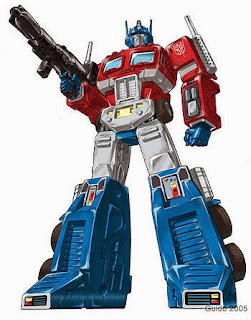First, I modified the update function in our cycling script to prevent renderer.materials from being called with each update. Second, I had to make sure to destroy materials when they weren't needed anymore. Daniel Sanders, a member of my group, discovered that if you don't dispose of materials properly it can cause memory leaking. This really brings me back to the days when I first started learning C++. :D
I was focusing on another course I'm taking (Algorithms) so the above is all I worked on for Ritmo this week. But I did get a chance to start playing a new game. I know it's been out for a while now, but I bought Rayman Legends. Doesn't it look amazing?
This was my first time playing a game in the Rayman series, but it had such excellent reviews I thought I'd give it a try. I fell in the love with the gorgeous art design right away. It's one of the best looking platformers I've seen. Then I quickly got sucked into the addicting gameplay. I love having to free all of your friends and collect enough trinkets to get all of the trophies on each level. They did a great job gradually making levels increase in difficulty. I expect a lot of fun hours will be spent finishing the game.
In short, it's a fantastic. If you haven't played it I highly recommend it.
Ooooook!
In short, it's a fantastic. If you haven't played it I highly recommend it.
Ooooook!

